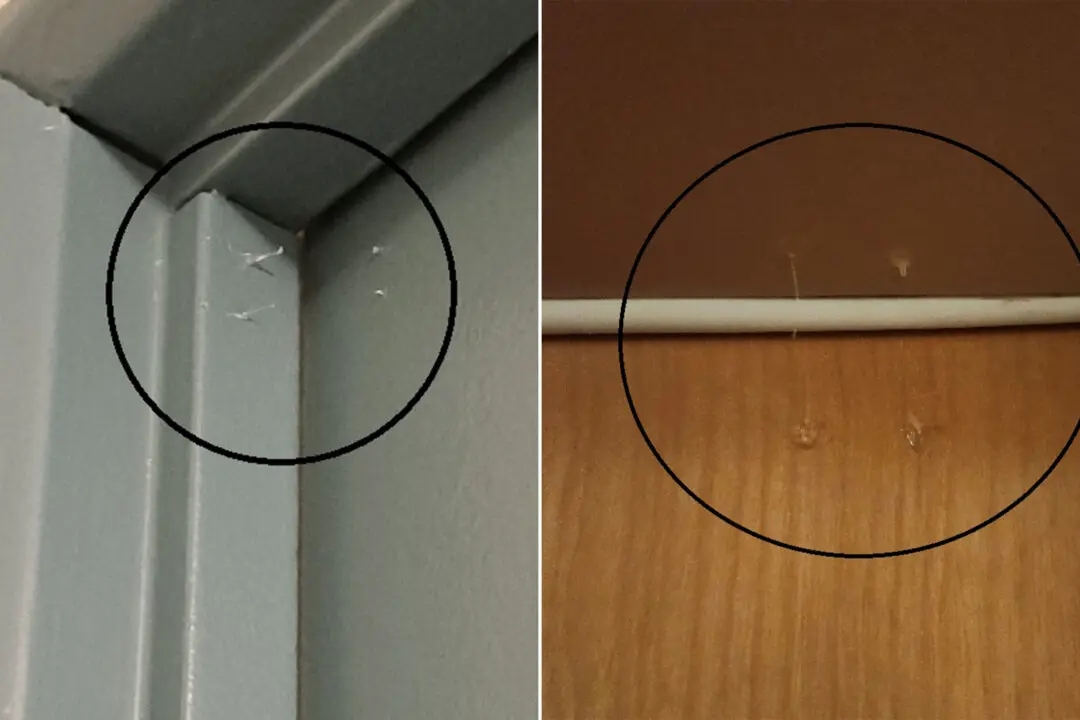SHERBROOKE—So far, Shelley MacArthur considers herself lucky—if that is the right word. As an apprentice funeral director at G.W. Griffin in Country Harbour, she’s only had to deal with three bereaved families since the beginning of the COVID−19 crisis. And none of the deaths had anything to do with the virus.
But what if they had? What then?





